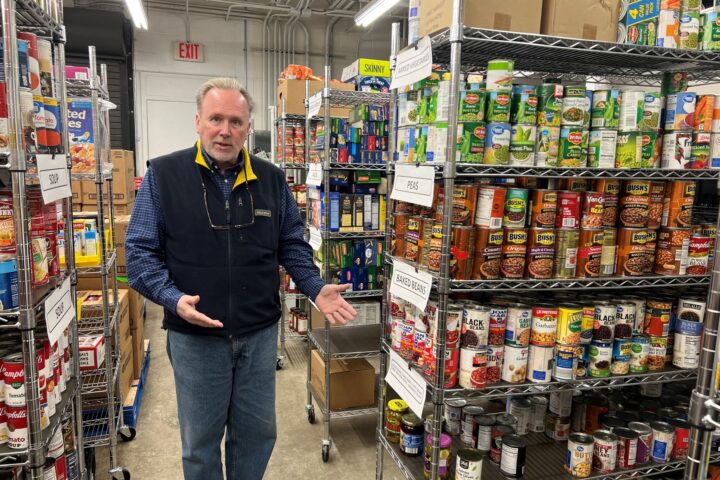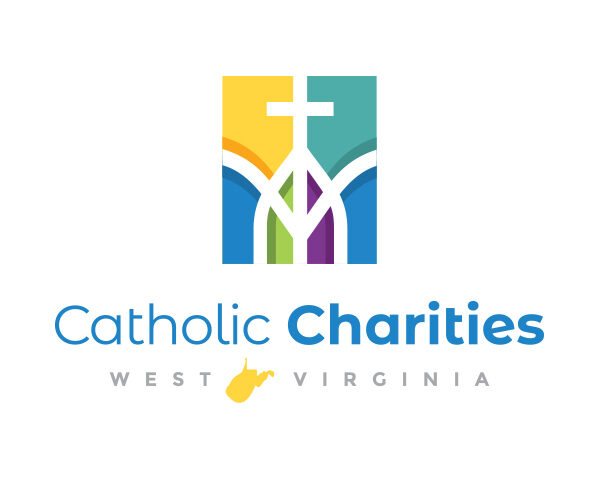During the past three months since flooding devastated many communities in southern West Virginia, we have seen individuals, churches, schools, nonprofits, businesses, and government agencies come together and work tirelessly to clean homes, remove debris, and provide basic assistance like meals or clothing. Our Bishop, Most Rev. Michael J. Bransfield, has personally toured the areas with priests and other parish leaders providing comfort and response. Catholic Charities West Virginia and other social service agencies began disaster case work, where we meet with survivors to assess needs and identify resources to meet the most immediate needs.
West Virginia is now in the earliest part of long-term recovery. The coordination efforts being done in this early stage are imperative to reaching every survivor and ensuring resources are available for the duration. Catholic Charities West Virginia (CCWVa) staff members currently sit on m ultiple Long-Term Recovery Committees (LTRCs), which work to ensure that recovery efforts are coordinated and collaborative. CCWVa has begun helping some of the LTRCs with two critical needs: the coordination of case information and disaster case management.
ultiple Long-Term Recovery Committees (LTRCs), which work to ensure that recovery efforts are coordinated and collaborative. CCWVa has begun helping some of the LTRCs with two critical needs: the coordination of case information and disaster case management.
A key need at this stage is the coordination of case information from the different sources that have been working with survivors. CCWVa staff have been pulling this information together and entering it into a shared database, in addition to following up with survivor households to prioritize those cases where preparing for winter is critical (e.g. purchasing and replacing insulation, ductwork). As one can imagine, concise, updated case information for those affected by the flooding is vital for the LTRCs and their partner agencies like CCWVa to be effective and efficient when disaster case management begins in earnest.
As long-term recovery advances, more intensive disaster case management is crucial. People in need of assistance are referred to their county’s LTRC, which is coordinating the partner agency’s disaster case manager’s case assignments. Disaster case managers help survivor households develop recovery plans that the LTRC uses to link partner agencies like CCWVa to the survivors to help with volunteer labor and funding for building materials, personal property replacements (e.g. appliances), and contractors when projects require more skilled labor.
CCWVa recognizes the complex and ever moving parts that are necessary to move people to full recovery after a tragic disaster like the June flooding. By taking time to build key partnerships and bolster the local coordination through the work of the LTRCs, CCWVa is well-positioned to help people in the long-term and return them to safe, secure, and stable housing as they re-establish their lives.


